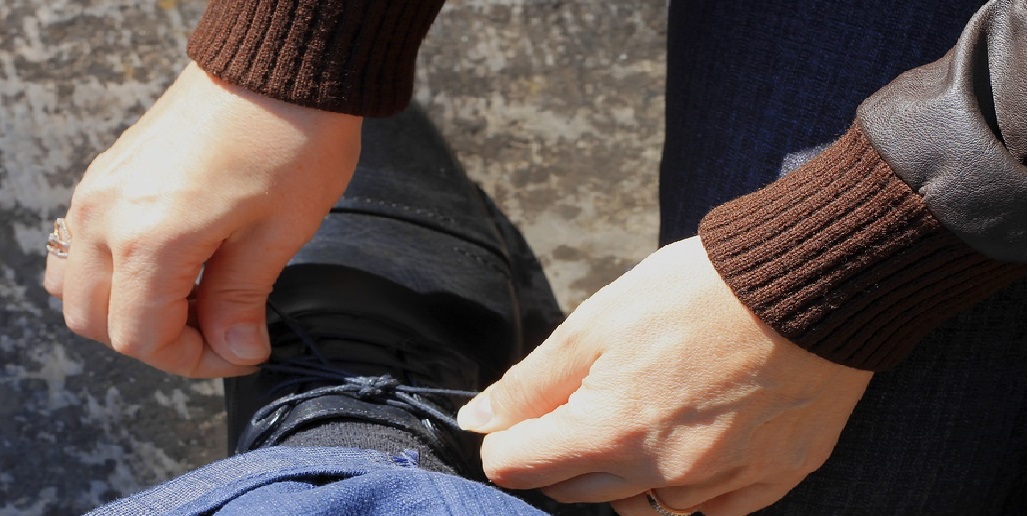Adaptive Behaviour Skills in Cornelia de Lange Syndrome
An overview of skills in Cornelia de Lange syndrome is provided below. You can also visit our interactive database to ask a question about the development of skills and behaviour. The database will give you an answer based on data collected during a large scale research study with people with Cornelia de Lange syndrome.
Self-help skills
Skills such as washing and dressing require fine motor control and planning, and many children and adults will need help with these daily tasks.
The development of self-help skills may be delayed among children with Cornelia de Lange syndrome but some do achieve a degree of independence in this area. In a large research study (University of Birmingham) of over fifty children and adults with Cornelia de Lange syndrome, the average developmental age on a measure of daily living skills was reported to be 1 year 11 months.
Communication skills
Approximately 30 to 85% of children and adults with Cornelia de Lange syndrome do not develop verbal communication skills. In particular it seems that expressive communication skills (ability to express oneself) are significantly more impaired than receptive language skills (ability to understand communication).
Although individuals with Cornelia de Lange syndrome may have difficulties with verbal communication, research has shown that individuals with Cornelia de Lange syndrome often use a number of non-verbal strategies to communicate including, for example, approach, touch and pushing a person’s hand away.
In the following clip a boy with Cornelia de Lange syndrome uses speech but the speech is unclear.
Poor expressive communication is not unique to Cornelia de Lange syndrome but it may have a particular relevance to behaviours that challenge others. If an individual cannot make their needs, wants and desires known this can increase the likelihood of showing behaviours such as aggression, self-injurious behaviour and destruction of property.
It is very important that all children with Cornelia de Lange syndrome receive early speech and language evaluations and interventions. This may be done as early as two months. Do not wait for a child to begin talking before you begin any speech and language therapy.
Some parents may also find it helpful to produce a communication passport for the individual they care for. This helps to keep everybody who works with the individual informed about how the person prefers to communicate. To learn more about communication passports and view one parent's example and experience, please click here.




